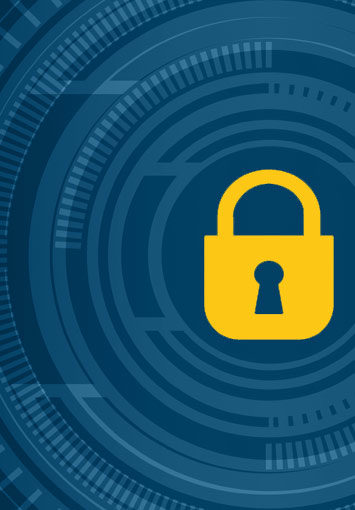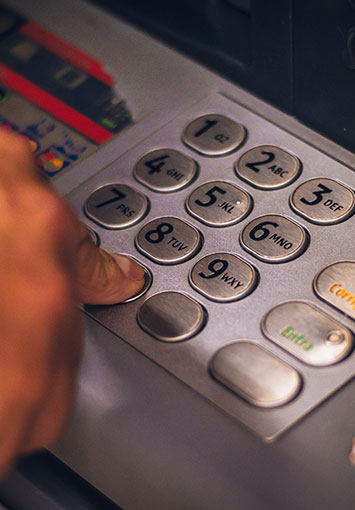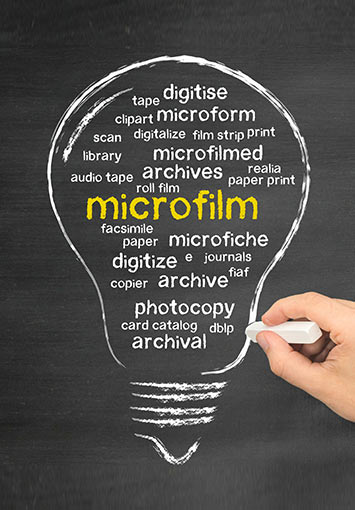Article Category
Records Management Strategies
Learn about best practices, tips, and tricks to help your organization simplify the creation, maintenance, and disposal of records.
A small change is coming to the Health Insurance Portability and Accountability Act (HIPAA) in 2024, in regards to managing reproductive health information. The Department of Health and Human Services (HHS) finalized these changes in April 2024, bringing in new rules on how this information is handled and protected. Here’s what you need to know
Collecting personal information is a normal part of doing business. Whether it’s from customers, employees, or vendors, most businesses handle sensitive data that needs to be protected. Once this information is collected, it’s a business’s responsibility to keep it safe, and complying with data privacy laws is one of the best ways to do it.
Eight new state privacy laws are going into effect in 2025, adding to the growing list of data protection regulations across the United States. After efforts to pass a federal data privacy law stalled in June of 2024, state legislatures stepped in to fill the gaps, creating a patchwork of rules that can be difficult
When it comes to federal regulations and data privacy laws, the Gramm-Leach-Bliley Act (GLBA) often flies under the radar. Yet, for businesses that handle financial records, compliance with this law is critically important. The goal of this article is to explain why, the negative implications of non-compliance, and how digitizing your financial records can help
Data security is a top priority for most businesses, and for good reason. From customer data to internal business documents, properly managing sensitive information is an important part of running a business. However, protecting records stored on paper presents a number of challenges. Paper documents can be easily lost, damaged, or misplaced, and controlling access
Scanning photos is a great way to preserve cherished memories and document family history. For many people, photo albums hold decades of captured moments, and gathering around them to relive these memories has long been a shared tradition. But as we all know, photographs don’t last forever. They fade, can be easily damaged by water
For most businesses, collecting and managing personal information is just part of the job. Customers often share their details and do so for a variety of reasons, trusting that this information will be kept private and managed responsibly. Yet, the rules around classifying this data can be complex, and it’s not always clear what type
When it comes to storing documents in a compact, durable format, microfiche and microfilm have been the go-to choice for records storage for decades. Government agencies, museums, and libraries have relied on these formats for years, using them to archive everything from historical documents to public records. It’s also not unusual for individuals to have
Keeping records accurate and up to date can be challenging, especially for businesses still relying on paper files. Physical documents can easily become disorganized, leaving your team buried under paperwork, which makes it difficult to track updates and maintain consistency across your records. This disorganization can quickly lead to confusion. Even a single missing or
Savvy business owners are always looking for new ways to save money and increase their bottom line. But in the quest to trim the fat, many overlook the potential savings that can come from modernizing their business’s record-keeping practices. And honestly, that’s not surprising. Record-keeping is typically seen as a mundane necessity, a side effect









